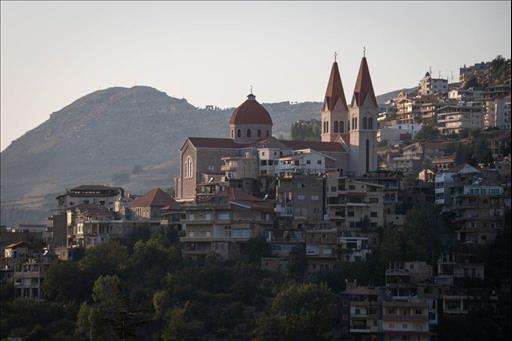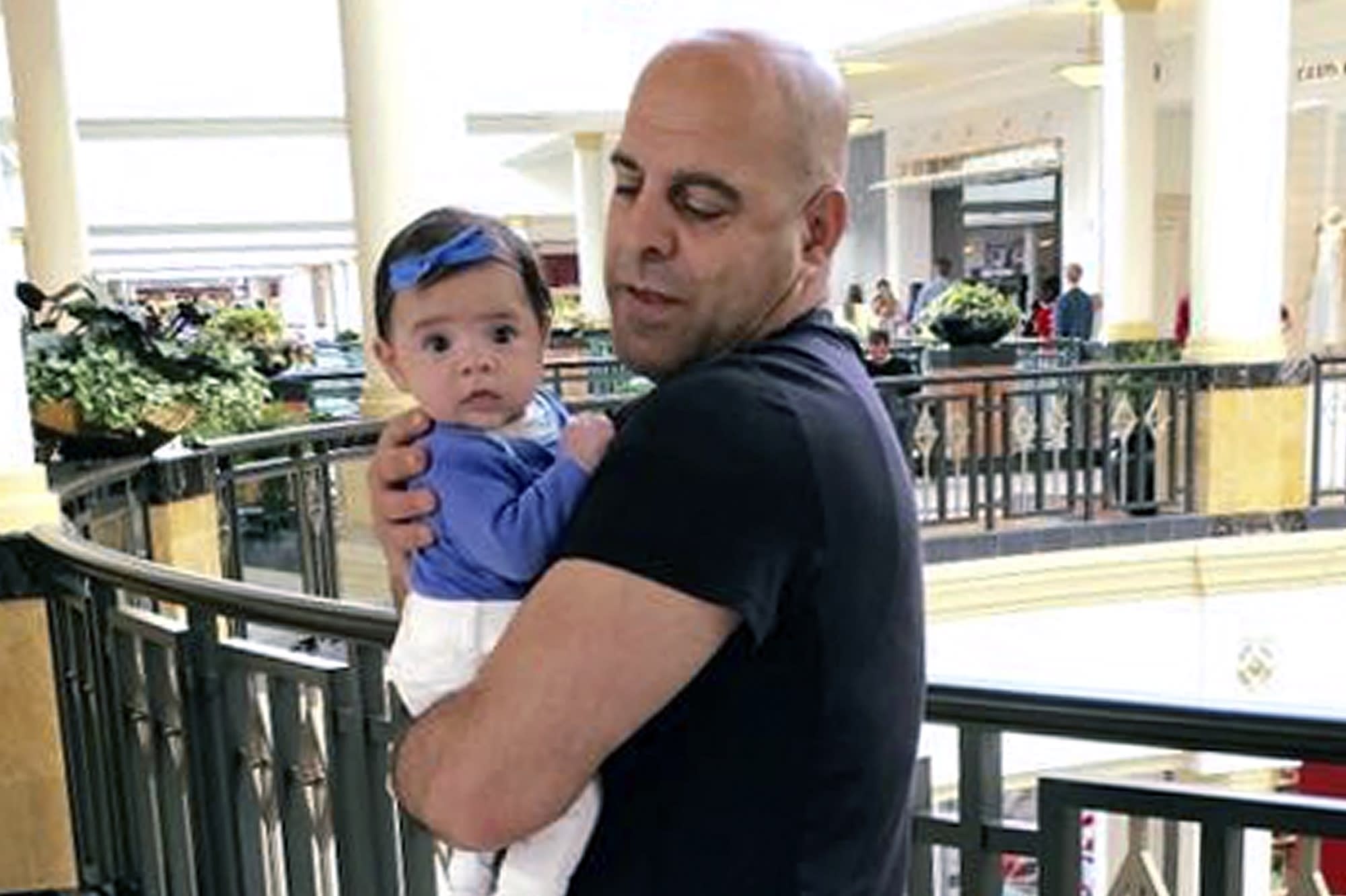
by foreignpolicy.com — BETSY JOLES — Fear of the COVID-19 epidemic has spread across the Middle East after Iran recorded the highest number of deaths from the virus outside of China this week. The high mortality rate indicates the outbreak might be larger than Iran’s official recorded figures. Saudi Arabia has responded by banning foreign pilgrims from traveling to the holy sites of Mecca and Medina. Lebanon has confirmed three cases so far, people who had returned from recent trips to Iran. The threat could not come at a worse time: The country is teetering on the edge of bankruptcy and reeling from several months of anti-government protests. Lebanon is facing its worst economic crisis since its 1975-1990 civil war, with a looming $1.2 billion Eurobond payment on March 9. If the government defaults, it would deal another major blow. These financial shortcomings limit the country’s ability to respond to the coronavirus, from hiring enough trained health workers to conduct fever screenings at the airport to equipping hospitals with specialized gear such as respirators for quarantine areas. Coming up with the human and capital resources needed to handle severe virus cases would put an already ailing health care system in dire straits.
The state of the economy has already overwhelmed Lebanon’s public health care system. Medical suppliers are unable to import the products they need due to a shortage of U.S. dollars caused in part by a slowdown of foreign currency injections into the banking sector. Health care is another item on the list of demonstrators’ public grievances, with medical professionals decrying corruption and inattention from the government when it comes to providing hospitals with what they need. Doctors are also protesting the government’s failure to reimburse hospitals for care provided to patients who should be covered by social security and military health funds, according to Human Rights Watch. The procedures put in place so far to prevent the spread of the virus inside Lebanon show the health care system’s strain.

![Lebanon's banks, which have imposed increasingly restrictive informal restrictions on cash withdrawals and transfers abroad, have incurred the ire of anti-government protesters amid the country's worst economic crisis in decades [File: Mohamed Azakir/Reuters]](https://www.aljazeera.com/mritems/imagecache/mbdxxlarge/mritems/Images/2020/2/24/fbad2933472d40cbbe34a7f08720fb7f_18.jpg)





